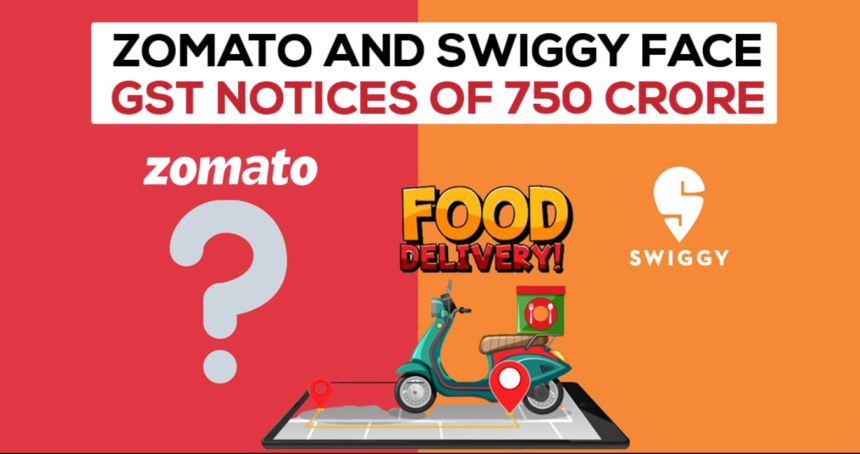GST notices to Zomato and Swiggy: The topic is being discussed by industry and experts alike, who argue that the GST responsibility will be determined by the contract between the food platform and the delivery agent, as well as who does the delivery.
- SUMMARY
- Zomato receives a Rs 401.7 crore GST notice
- According to experts, the delivery charge should not be viewed as the platform’s revenue.
- Watch to see whether other people receive similar notices.
Is food delivery a service provided by the online delivery platform or its delivery agents, and who is responsible for paying tax on the delivery charge? That appears to be the crux of recent notices of goods and services tax (GST) payments to online food delivery providers Zomato and Swiggy.
Zomato stated in a stock exchange filing on December 27 that they received a show cause notice from the Directorate General of GST Intelligence, Pune Zonal Unit, asking why an alleged tax liability of Rs 401.7 crore, along with interest and penalty, should not be demanded from the company for the period from October 29, 2019 to March 31, 2022.
ALSO READ: Cloud Services: Revolutionizing Business Operations And Its Types
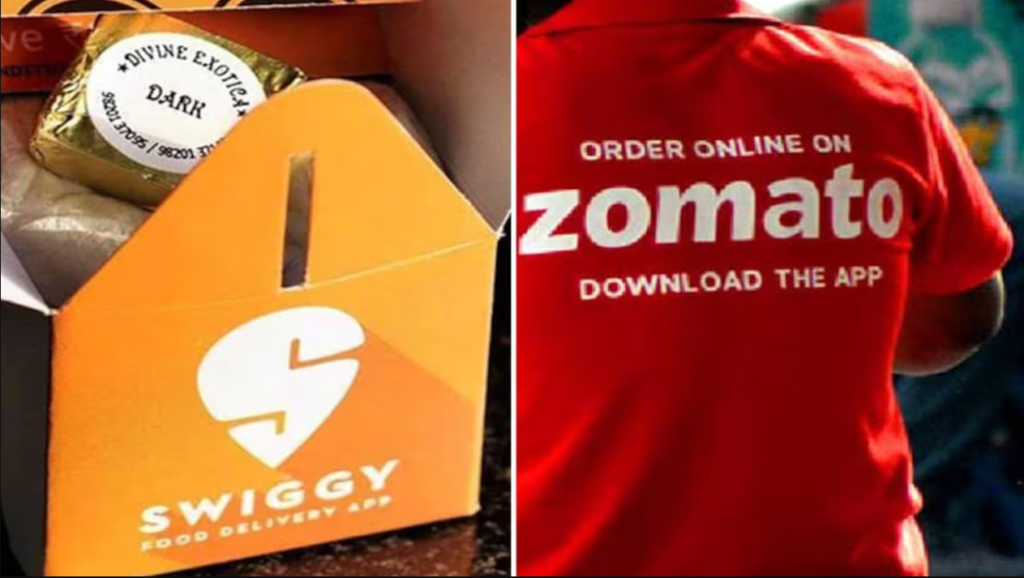
“The amount alleged in the SCN is based on the amounts collected by the company as delivery charges from customers on behalf of the delivery partners during the referred period,” Zomato explained, adding that it is confident it is not required to pay any tax because the delivery charge is collected on behalf of the delivery partners.
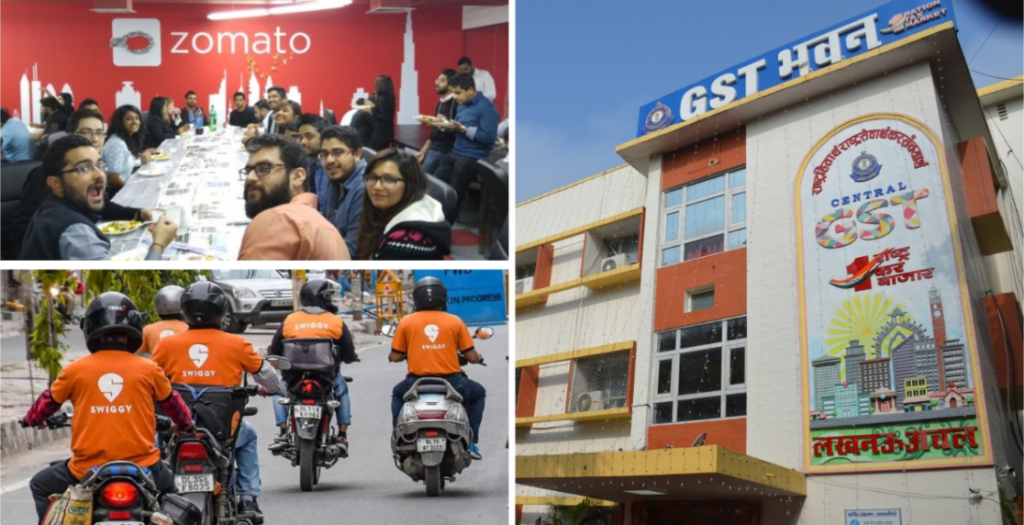
Swiggy, an online food delivery service, is also said to have gotten a similar GST notification for roughly Rs 350 crore in tax. The two companies have been scrutinized by the DGGI for delivery charges collected and GST paid. The topic is being discussed by industry and experts alike, who argue that the GST responsibility will be determined by the contract between the food platform and the delivery agent, as well as who does the delivery.
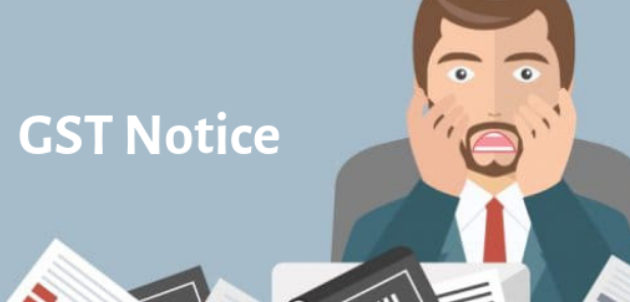
According to Sanjay Chhabria, Director, Indirect Tax at Nexdigm, the demands made against Zomato and Swiggy are based on the amounts collected by the companies as delivery charges from their customers on behalf of the delivery partners, and the GST liability on such delivery charges would depend on the contractual terms and conditions with the delivery partners, whether the same qualify as a pure agent or any other non-taxable supply, or whether they are considered intermediaries.
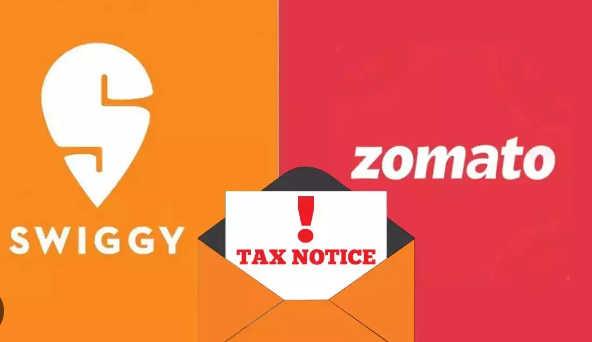
In circumstances where the firm just enables the collection of delivery costs on behalf of third-party partners, the company’s obligation to GST is based on the income or turnover received by such third-party partners, which is capped at Rs 20 lakh for services. On the other hand, if a firm uses its own employees to transport food to consumers, it could be considered that the corporation provides delivery services to customers and is thus obligated to discharge GST on that basis.

According to Nitin Jain, Partner at SW India, the GST department’s demand on Zomato is centered on the issue of whether the delivery of items is a platform service or a recovery of charges on behalf of gig workers. “Given the contractual arrangement, the delivery fee is for an independent service provided to the customer and thus represents the revenue of service providers rather than the platform.” “Because the majority of these gig workers are likely to be outside the tax net, this could be an indirect attempt by the GST department to recover taxes,” he added.
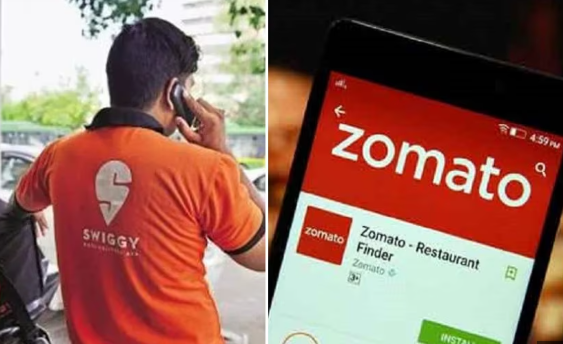
If the government wishes to collect tax on these costs, it should alter the legislation prospectively to impose accountability on e-commerce platforms, as it has done in the case of passenger transportation or restaurant services, according to Jain. A similar 5% GST is paid on restaurant food services, including dining and takeout.
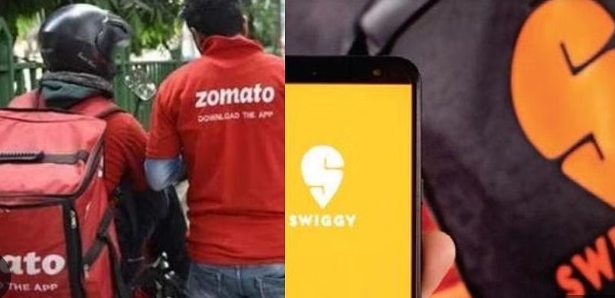
In its petition, Zomato also stated that, in accordance with the mutually agreed-upon contractual terms and conditions, the delivery partners provided the delivery services to the customers rather than the company. “This is also supported by opinions from our external legal and tax advisors,” according to the statement.
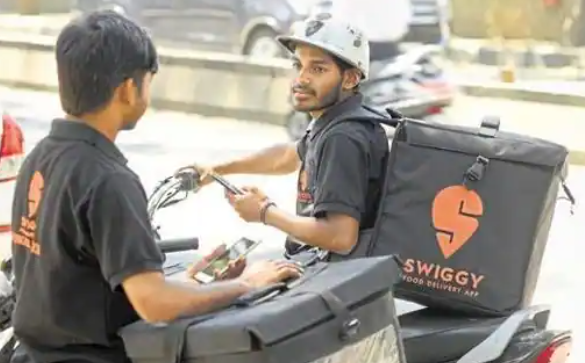
Chhabria added that it would be interesting to see the rationale used by the GST Investigation authorities for levying such massive demands on Zomato and Swiggy over the past four years, as well as whether they have also covered their grocery delivery segments—Blinkit and Instamart—and how respite could be obtained before the courts of law on a case-by-case basis.
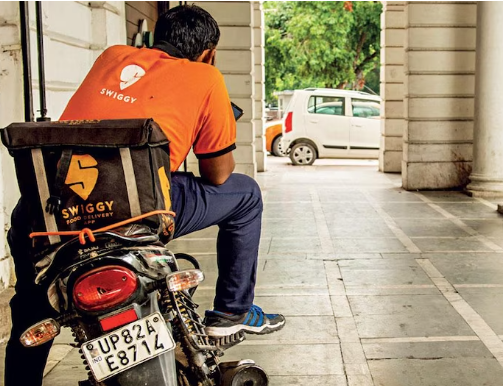
“It won’t be surprising if other industry players, food delivery apps, and others resorting to such platforms as Zepto, FoodPanda, Dunzo, Eatfit, etc. receive similar demands from the GST authorities, assuming even they have been following similar approaches as above,” he went on to say.
Click here, to check out the latest post on Instagram.
Also read: Brainbees Solutions, The Parent Company Of FirstCry, Files DRHP With Sebi, M&M And Ratan Tata To Sell Shares
image source: google







